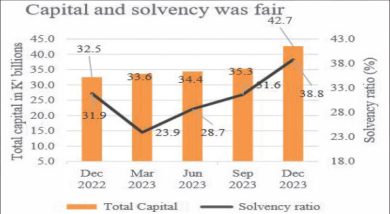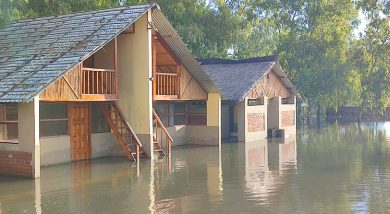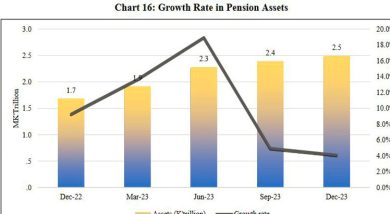Fuel service stations rated poor on safety
Routine inspections by the Malawi Energy and Regulatory Authority (Mera) have established that 66 percent of the fuel retail outlets have poor fire risks and emergency compliance standards, a situation that threatens the safety of consumers.
The exercise, conducted between July 2020 and June 2021 found that only 34 out of every 100 fuelling stations have fire risks and emergency compliance elements while 64 percent were compliant to electricity safety standards.

During the exercise, 552 inspections were carried out and 100 percent of all existing filling stations were inspected.
In an interview on Tuesday, Mera spokesperson Fitina Khonje said it is a requirement that filling station (retail stations) personnel should undergo fire-fighting and emergency response training every two years.
She said: “However, for 66 percent of the fuel retail outlets, there was lack of evidence of compliance with this standard. Although fire-fighting equipment was available in all fuel retail outlets, the lack of refresher training poses a risk of poor response to fire and other emergencies.
“We will continue monitoring the fuel sector’s compliance with standards for the safety of both the operators and consumers.”
Khonje said to this end, the regulator has been engaging oil marketing companies (OMCs) to enhance understanding of standards requirements and execution of their responsibilities as specified in the franchising agreements they have with the service stations.
OMC were yet to comment on Mera findings as we went to press.
However, energy expert Grain Malunga said the situation means that the safety of consumers and staff is at risk in such environments.
He said: “Occupation safety and health is a challenge in deed.
“We need to strive for zero accident. The owners of these filling stations need to be trained and owners of vehicles should also be cautious when fueling.”
Meanwhile, during the period under review, Mera figures show that strategic fuel reserve facilities operated optimally to meet the 60 days stock holding requirement by 2024.
The report said an average of 50 days fuel cover for diesel and 30 days for petrol was achieved.
During the period under review, petrol fuel sales increased by 10 percent to 259.4 million litres from 233.6 million litres while diesels sales increased by nine percent 248.6 million litres from 271.9 million litres sold during the same period last year.
However, despite the rising fuel sale, levies collected declined during the year under review compared to the prior year.





